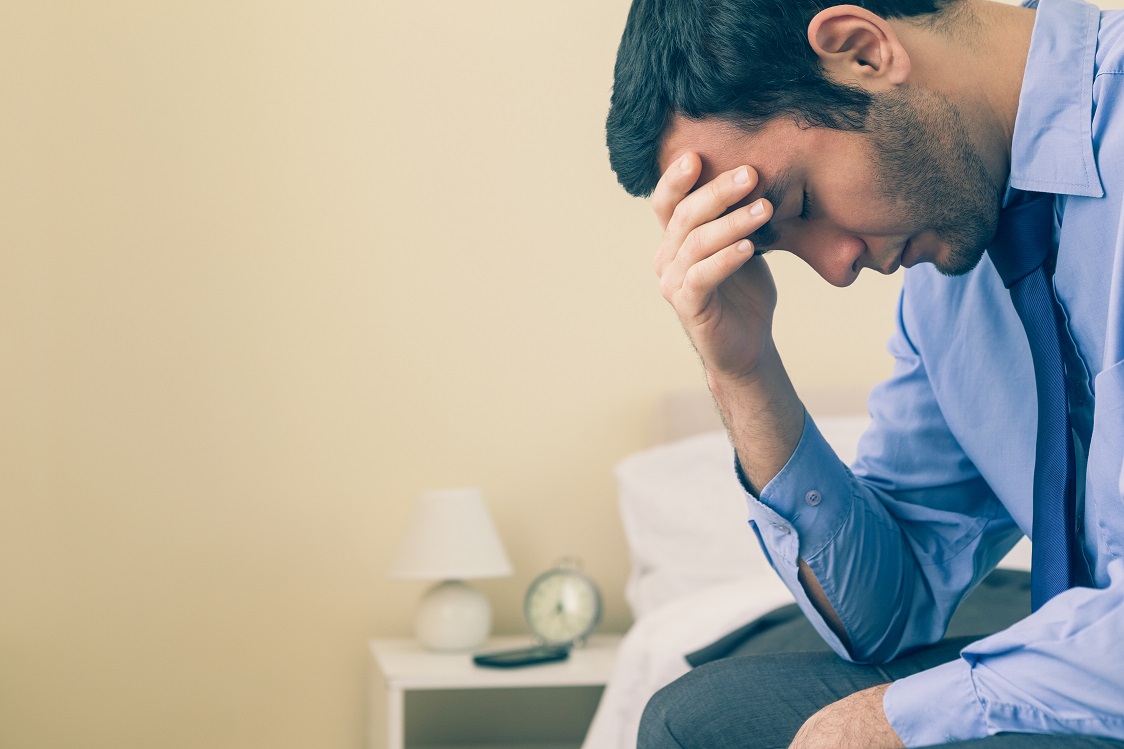We all know that modern life is stressful. In small doses, stress can be a positive influence by motivating you to complete difficult tasks and perform more effectively. However, stress in high doses can damage your physical health and negatively impact your emotional well-being. To avoid the negative side effects associated with stress, you should familiarize yourself with the causes of stress and adopt methods to relieve yourself, so that you can continue living your life.
Understanding Stress
Stress is an automatic physical response to threatening situations that can allow you to focus and increase your energy level. In emergencies, stress can give you the necessary boost to concentrate more effectively and tackle difficult tasks. This instinctual reaction can manifest itself as either a fight or flight response. Fight responses can make you feel energetic, emotional, and restless, while Flight responses can make you feel lethargic, emotionless, and withdrawn. Although these can be functional reactions during certain high-intensity situations, prolonged stress can spill over to other areas of your life and affect them in negative ways.
Causes
Stress is normally associated with bad situations, but even positive events can cause high levels of stress. External factors such as work, school, relationships, family, and money can all impact the amount of stress that you are experiencing. If you worry chronically, hold unrealistic expectations, engage in negative internal dialogue, or have a pessimistic outlook, you may also be causing excessive stress internally.
Symptoms
Due to its wide-ranging physical effects, prolonged stress can weaken your immune system, increase your risk of heart problems, and cause you to undergo the effects of aging prematurely. If you are experiencing unexplained physical pain, sleep problems, weight problems, digestive issues, skin conditions, or depression, you may be suffering from chronic stress.
Management
Properly managing your stress is crucial to maintaining your health and improving your life and the lives of those around you. It is common for people to attempt to manage their stress by overindulging in junk food or alcohol, but these vices can often exacerbate stress rather than relieving it. Protect yourself from the effects of stress and ease your mind by remembering the following steps:
- Avoid unnecessarily stressful situations and individuals. This may seem like a no-brainer, but its crucial to learn how to distinguish between stressors you absolutely need to engage with and stressors that you dont necessarily need to include in your life.
- Be more assertive when youre stressed out. If you find yourself in a situation which is causing you to react negatively, voice your concerns and try to change the situation to something more comfortable.
- If you are unable to change the situation, try to find the change within yourself. Try not to focus on the stressful elements of a task and instead remind yourself of the positive elements.
- It is impossible to live your life without experience stress, so you must learn to accept reasonable amounts of stress in your life. Challenges can almost always be an opportunity to learn about yourself and grow personally.
Have any more tips for dealing with stress? Share them with us!








